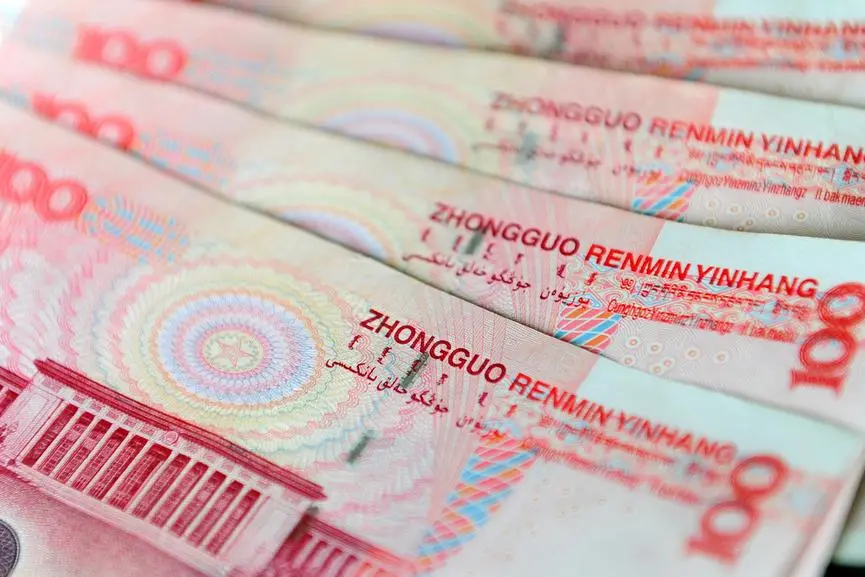PHOTO
China will start selling an initial batch of long-dated bonds this week, the Ministry of Finance announced Monday, as Beijing looks to increase support for the world's second-largest economy.
The central government will begin issuing some 30-year bonds on Friday as part of a planned sale of more than $138 billion of debt, according to a notice posted to the ministry's website.
Other bonds with tenors of 20 years and 50 years will go on sale on May 24 and June 14 respectively.
The Ministry of Finance did not specify the number of bonds that will be issued.
A volatile property market and high unemployment -- particularly among youth -- are among the top issues dragging down China's economy.
Leaders have set a target of around five percent for this year's growth, a figure seen as ambitious by many economists.
The bond sale had been hinted at in recent months by Beijing, with Premier Li Qiang saying in March that such measures would be used to support major projects of strategic significance.
China has only sold such government bonds on a handful of occasions in the face of major economic headwinds, such as in early 2020 to help fund efforts to counter the pandemic.
Consumer prices in the country have been in positive territory for three straight months, official data showed Saturday, but domestic spending remains relatively weak.





















